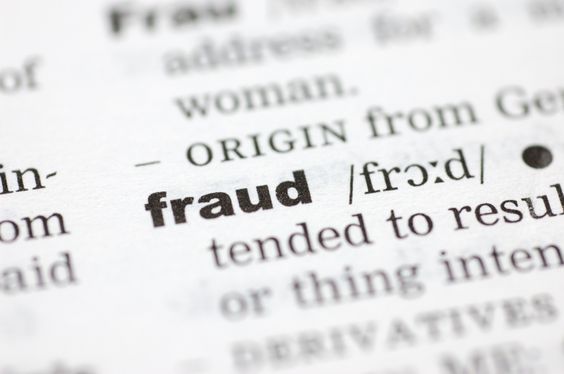- March 27, 2015
- -

Doing business in Albania has undergone a short but interesting progress, initiated with the business regulatory reforms, followed by a “gold rush” of foreign investors during the last fifteen years. Many articles have been published on the matter, however, white-collar crime, committed by employees and/or executives of businesses, is a topic that deserves particular focus considering that the Albanian Government publicly announced intentions to fight corruption and similar felonies in the public and private sector.
The Albanian criminal legislation punishes corporate crimes committed by legal entities and individuals acting on their behalf, such as fraud, corruption, criminal acts related to bankruptcy, acts against the environment, etc. White-collar crime in Albania is punishable by fine, imprisonment or both. Moreover, companies’ executives and even their agents may also incur criminal liability on behalf of the respective company.
Despite the fact that judicial practice is poor in white-collar crimes cases, there are a few interesting cases demonstrating the near future tendency on the enforcement of the legal framework by the competent authorities.
In a first case, the director of an Albanian company was convicted to 3.6 years of imprisonment for abuse of power after having withdrawn money from the company’s bank account justifying it as an advance payment towards one of the company’s contractors. Following a shareholders’ audit, it was discovered that the contractor had not received any payment, and, therefore, the director was in illegal possession of the amounts withdrawn. With respect to such criminal offense, the court highlighted that the abuse of power requires due consideration and punishment of the offenders in order to maintain the proper operation of commercial companies.
The director signed a declaration acknowledging his debt to the company, and requested to be tried by a civil court. Nevertheless, the court declared that such acknowledgement would not render him exempt from criminal liability. The court stated that the actions of the director were illegal and dangerous to the company, since they had infringed the legal relationship established for the normal operation of companies and the safeguarding of their legitimate interests.
Moreover, the court also examined whether the act committed by the director might be classified as theft by abuse of power or theft by fraud and, therefore, punished more severely than mere abuse of power. However, since there was no evidence proving that the defendant director had the intention to steal from the company, the court took the most favorable legal interpretation for the defendant based on the principle in dubio pro reo.
In a different case, the court found one of company’s shareholders, a foreign individual, guilty of the criminal offense of “theft by abuse of power” and convicted him to 6.6 years of imprisonment. The decision was upheld by both the Court of Appeal and the Supreme Court. In this case, the shareholder of 4% of the share capital of a construction company was assigned, by virtue of a power of attorney issued by the company’s director, the power to execute contracts for the sale of apartments constructed by the company, as well as to collect and disburse the relevant sums in the company’s accounts. The company noticed that some buyers were in possession of payment receipts for payments they had made to the respective shareholder, acting on behalf of the company, while the accounting documents showed that such sums had never been disbursed into the company’s accounts. The power of attorney to the shareholder was revoked, but he still needed to cooperate with two other company’s representatives in order to resolve the problems he had created with the buyers. Even following such revocation, the shareholder in question not only did he not resolve such disputes, but continued to engage in financial transactions without any legal power, by collecting payments from various buyers in the name of the company, reaching a total amount of EUR 859,321 and ALL 4,000,000. The shareholder claimed that he had disbursed all received sums into the company’s accounts, but did not possess any financial document to support such claim. In defining the type of conviction, the court assessed the social threat of felony and decided that imprisonment was adequate taking into account the negative financial and legal implications that the company had to suffer.
In a last interesting case, the court held in its judgment that both the company and its director were criminally liable for fraud, for collecting copyright royalties from the Albanian Copyright Office for various matters, acting without any license under the capacity of a copyright collection agency, and without paying the owners for whom they were allegedly acting.
In order to prevent any similar crimes in the future, persons that have already been convicted shall not hold managing positions in any Albanian company for a period of 5 years; offenders shall not have the right to exercise the duties of director, administrator, liquidator, undertaker, and any other duty related to the capacity of representative of a legal entity. In case the sentence is longer than 5 years of imprisonment, this restriction may be extended for a period of 5 up to 10 years.
Besnik Duraj
Partner Albania






